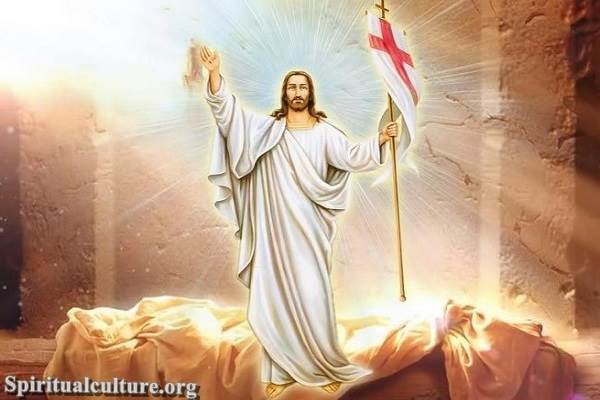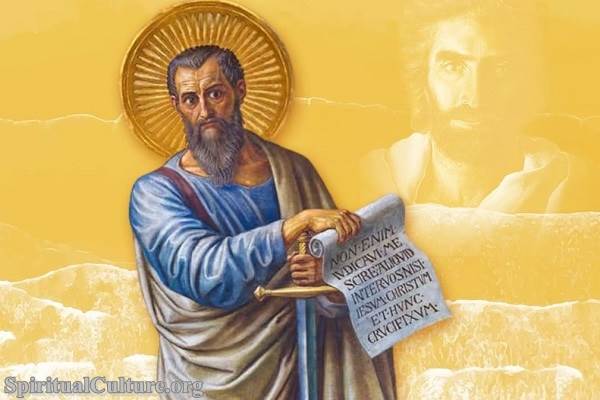In a world filled with symbols, none stands as profoundly impactful as the cross. For Christians across denominations, cultures, and epochs, the cross represents not merely an ancient instrument of execution but the pivotal moment in history when heaven touched earth and eternity transformed humanity. At its core, the cross is more than wood or metal—it embodies the mystery of divine sacrifice, the depth of God’s love, and the transformative power of redemption.
Yet, why does Christianity revolve so intimately around such a symbol of suffering? Why, amidst all teachings and miracles, does the crucifixion of Jesus remain central to Christian identity, worship, and theology? In exploring these questions, this article will illuminate the cross as both a spiritual anchor and a catalyst for profound personal transformation, underscoring why, to Christians, it remains eternally indispensable.
The Cross as the Fulfillment of Divine Promise
Prophecies and the Path to Calvary
The Christian faith stands firmly upon a narrative woven throughout centuries, intricately bound in prophetic declarations of the Messiah’s suffering. Centuries before Jesus’ birth, Isaiah foretold:
“But he was pierced for our transgressions, he was crushed for our iniquities; the punishment that brought us peace was on him, and by his wounds we are healed.” (Isaiah 53:5, NIV)
This prophecy encapsulates the essence of the cross: the Messiah bearing humanity’s sins. The crucifixion, thus, was not a tragic accident but a fulfillment of divine orchestration. Every step toward Calvary, every wound, every moment on the cross was the unfolding of divine intention—a salvation promised, now realized.
Covenant and Sacrifice
Throughout biblical history, sacrifice symbolized reconciliation between humanity and God. The Old Testament details elaborate rituals where animals symbolically bore humanity’s sins. The cross signifies the ultimate and final sacrifice—Jesus Christ himself, described in the New Testament as the “Lamb of God, who takes away the sin of the world” (John 1:29). Through His blood, a new covenant was established, one marked not by temporary appeasement but by eternal redemption.
The Cross as the Manifestation of Divine Love
Love’s Greatest Expression
At its heart, the cross powerfully communicates the unparalleled depth of God’s love. It reveals a divine willingness to bear human pain, to suffer rejection, humiliation, and agony—all out of an inexhaustible love for humanity. The Apostle Paul captures this in Romans 5:8:
“But God demonstrates his own love for us in this: While we were still sinners, Christ died for us.”
The crucifixion thus moves beyond mere historical event; it is the eternal testament to a love that sees humanity’s brokenness yet chooses sacrificial embrace.
Love that Forgives
Perhaps most poignantly, the cross embodies divine forgiveness. As Jesus hung on the cross, His words echoed profoundly through history:
“Father, forgive them, for they do not know what they are doing.” (Luke 23:34)
Here, the cross transcends retribution and condemnation, heralding a radical grace that seeks reconciliation, even amidst betrayal. For believers, this profound forgiveness exemplifies the ultimate model for human relationships, inspiring mercy over judgment, healing over bitterness.
The Cross as Redemption and Salvation
Humanity’s Debt Paid in Full
Christian theology views humanity as burdened by sin—a debt beyond human capacity to repay. On the cross, this debt was settled definitively. Paul eloquently describes this liberation in Colossians:
“He forgave us all our sins… having canceled the charge of our legal indebtedness, which stood against us… he has taken it away, nailing it to the cross.” (Colossians 2:13-14)
Through Jesus’ death, spiritual debts were irrevocably erased, setting humanity free from guilt, shame, and condemnation, ushering believers into a state of grace and reconciliation with God.
Victory over Evil and Death
Remarkably, the cross signifies not defeat but victory—a triumph dramatically reversed through Christ’s resurrection. As articulated in 1 Corinthians 15:54-57:
“Death has been swallowed up in victory… Thanks be to God! He gives us the victory through our Lord Jesus Christ.”
The cross thus becomes a symbol of hope, declaring boldly that suffering and death are never the final words. Instead, it invites Christians into the victorious assurance of eternal life.
The Cross as a Transformative Call
Living Crucified Lives
The cross also presents an essential spiritual challenge, an invitation to self-denial and profound inner transformation. Jesus declared:
“Whoever wants to be my disciple must deny themselves and take up their cross daily and follow me.” (Luke 9:23)
To Christians, embracing the cross means relinquishing ego, self-centered ambitions, and living instead in radical obedience, humility, and sacrificial love. This spiritual crucifixion leads to true freedom, aligning lives authentically with God’s purpose.
Empathy and Solidarity in Suffering
In the cross, Christians find a profound solidarity—God intimately understands human pain, injustice, and grief. This shared suffering does not diminish divinity; rather, it deepens human connection with God, fostering empathy, compassion, and resilience. Believers encountering suffering thus look to the cross, finding comfort and strength knowing their pain is comprehensively understood by a God who experienced humanity’s deepest agony.
The Cross in Christian Worship and Ritual
Sacraments and Liturgy
The cross profoundly shapes Christian worship and sacramental life. Baptism symbolizes dying with Christ and rising anew. Communion commemorates Christ’s sacrificial death, inviting believers into a perpetual remembrance and profound spiritual unity. Rituals are not mere tradition but living enactments of the cross’s transformative power, reinforcing its centrality in daily Christian experience.
Symbolism and Sacred Spaces
Churches worldwide prominently display the cross—on altars, steeples, and sanctuaries—marking sacred spaces with reminders of redemption and grace. The cross transforms ordinary spaces into spiritual sanctuaries, continuously anchoring communities in the sacred memory of divine love and sacrifice.
The Cross as a Universal Message of Hope
Crossing Cultural Boundaries
Christianity’s global reach owes significantly to the cross’s universal message. Across diverse cultures and historical epochs, the cross speaks profoundly, conveying universal themes of love, sacrifice, redemption, and victory over despair. It provides an anchoring truth capable of transcending divisions of language, ethnicity, and culture, uniting believers globally in shared spiritual heritage.
Transforming Lives and Societies
Historically, the cross’s message has catalyzed profound societal transformations—motivating movements for justice, peace, and reconciliation. Influential figures from Martin Luther King Jr. to Mother Teresa drew inspiration directly from the cross, demonstrating its powerful ability to compel ethical action, challenge injustice, and inspire compassionate community building.
Reflect and Reimagine
The cross, central to Christianity, is far more than historical artifact or religious symbol. It represents the heart of Christian theology, spirituality, and ethical living. Its profound meaning resonates deeply across the spectrum of human experience—offering redemption in brokenness, love amidst hate, hope beyond despair, and divine presence within human pain.
As you contemplate the cross today, consider its implications for your life. Reflect upon the depth of love it embodies, the forgiveness it offers, and the transformation it invites. Allow the cross not merely to be observed but experienced—as a catalyst for personal growth, spiritual deepening, and compassionate engagement with the world around you.
In a world yearning for meaning, healing, and reconciliation, the cross stands eternally central—forever a compelling invitation into deeper communion with God, ourselves, and humanity. Let the cross speak profoundly into your life today, reminding you of the boundless love, eternal hope, and profound transformation it holds.



